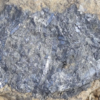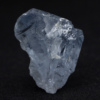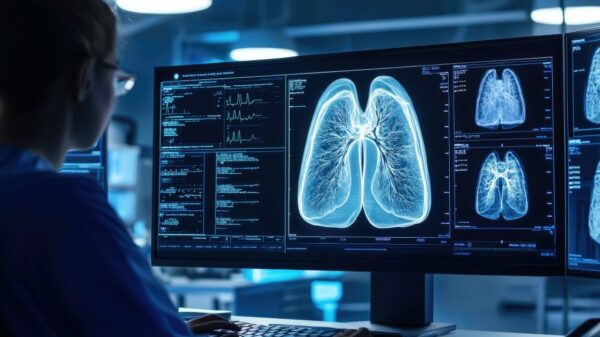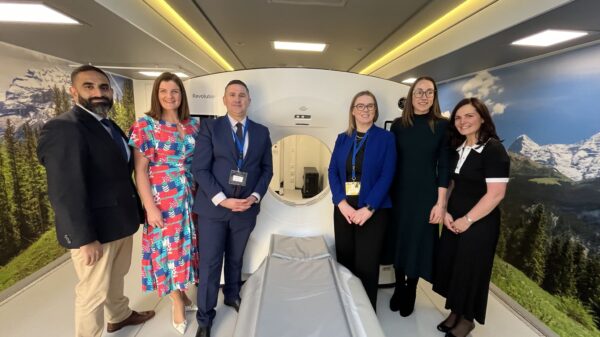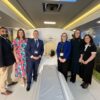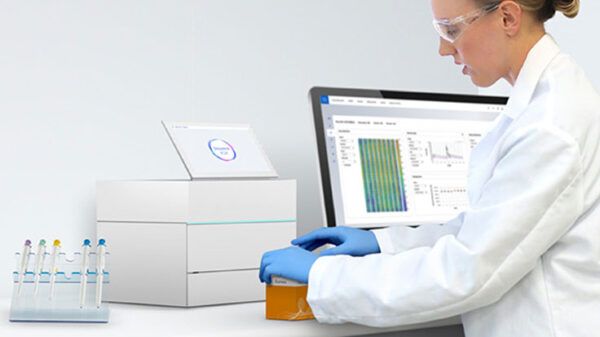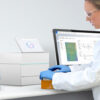South Korea’s pharmaceutical operator Yuhan Corp (KRX: 000100) observed significant financial success in its Q3 results after obtaining FDA approval for its proprietary lung cancer drug in August.
It attributes the success to sales of Leclaza (lazertinib) within the United States during the three-month period. The company said in a regulatory filing Monday that its operational profit shot up by 690 per cent year-over-year during the quarter to US$40.3 million.
Meanwhile, net profit rose by 85.1 per cent to US$17.1 million and sales spiked by 24.8 per cent to approximately US$432 million.
Leclaza/Lazcluze was developed and commercialized in partnership with the Johnson & Johnson (NYSE: JNJ) subsidiary Janssen Biotech. It is taken orally in combination with Johnson & Johnson’s intravenous infusion drug Rybrevant (amivantamab). Yuhan will be receiving a milestone payment of US$60 million from J&J for Leclaza’s commercialization.
Together, the two drugs demonstrated the ability to reduce disease progression and death 30 per cent more effectively than the Tagrisso (osimertinib) treatment drug developed by AstraZeneca plc (NASDAQ: AZN). This was discovered in a phase III trial involving patients with non-small cell lung cancer (NSCLC).
“The median progression-free survival [PFS] was 23.7 months in the lazertinib with amivantamab arm and 16.6 months in the osimertinib arm,” the FDA said in a statement.
Read more: Breath Diagnostics takes aim at lung cancer with One Breath
Read more: Breath Diagnostics pioneers novel lung cancer breath test
Drug expected to rake in US$738M per annum
This radiation-free first-line combination treatment drug is expected to be a money-maker for Yuhan in the coming years.
“With this milestone, Rybrevant plus Lazcluze becomes the first and only multitargeted, chemotherapy-free combination regimen with demonstrated superiority versus Osimertinib approved for first-line treatment of patients with epidermal growth factor receptor [EGFR]-mutated NSCLC,” Johnson & Johson said Aug. 20.
This EFGR mutation is found in a significant number of NSCLC cases, particularly among non-smokers. Yuhan and AstraZeneca’s drugs were specifically created to stall the development of this mutation.
Yuhan’s CEO Cho Wook-je said in an August interview that his company’s goal was to double yearly drug sales by 2026. The drug developer aims to join the ranks of the world’s top 50 pharmaceutical companies, he says.
Established in 1926, Yuhan is one of South Korea’s oldest operators in its respective industry. It was the first Korean pharmaceutical company to go public in 1962.
rowan@mugglehead.com




